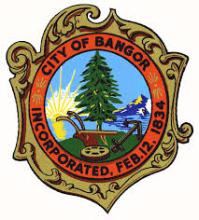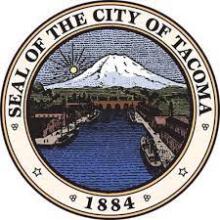City Leaders in Bozeman, Montana, Declare Broadband Essential Infrastructure
In mid-April, city leaders in Bozeman, Montana, passed Resolution No. 5031 to officially declare broadband essential infrastructure for the city. The declaration comports with the city’s long-term goal to bring high-quality connectivity throughout the community.
Read Resolution No. 5031 in its entirety here.
Pointing Out the Positives
In addition to describing the ways access to broadband has improved opportunities for residents and businesses, the language of the resolution lays out the steps Bozeman has already taken. In addition to establishing a planning initiative, the resolution describes their decision to adopt a master plan, and the creation of nonprofit Bozeman Fiber. The resolution also chronicles the city’s investment and urban renewal plan, which includes Bozeman Fiber, and the fact that broadband has become a contributing factor to the city’s social and economic health.
As part of the resolution, the City Commissioners include their next steps in order to advance citywide connectivity in Bozeman:
NOW, THEREFORE, BE IT FURTHER RESOLVED that the City of Bozeman will; 1) create and implement a conduit utility master plan and begin the transition for operating the conduit system as its own enterprise fund; 2) include a conduit design and construction standard as part of the City’s approved engineering standards; 3) maintain updated record drawings and GIS mapping of the City-owned conduit network; 4) consider the expansion of the existing City-owned fiber optic conduit network infrastructure when appropriate and when funding is available; 5) utilize conduit lease revenue for the purchase of additional public conduit; and 6) align conduit network expansion decisions with the City Budget and Capital Improvement Plans and planning processes.




